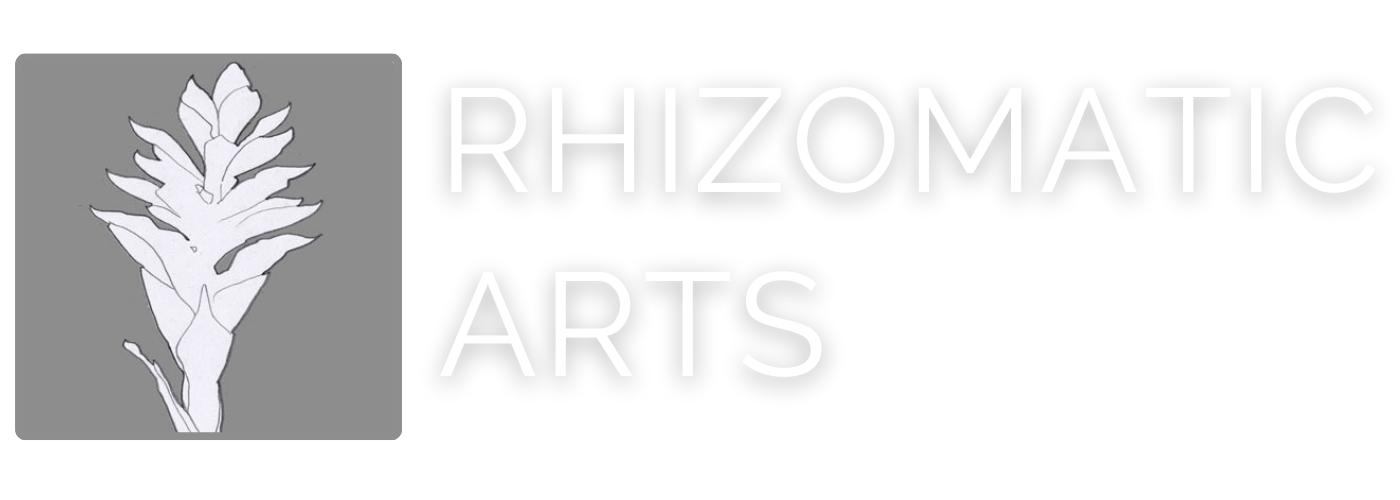Artist Spotlight #4: ANTONIA PRICE
ANTONIA PRICE is a fiber and performance artist and yoga instructor based in Atwater Village, Los Angeles. She says: "The idea of the sell-out versus starving artist is lazy thinking. We are too comfortable placing ourselves on a binary that is not serving us any more."
What do you do in the world?
I'm drawn to very immediate work: teaching, knitting, performance, etc. Lately I've worked mainly in yoga, fiber arts, and dance. [Check out her website here or @yogabyannie on Instagram.]
How do you relate the idea of "sustainability" to your creative or professional practice?
A sustainable career to me is something that I can maintain physically, keep interest intellectually, and have financial stability. Thinking about the physical sustainability, that means physical maintenance, since all my work is demanding my physical active presence: knitting (hands), teaching yoga (my whole body), and performance (active, physical labor). How can I be stimulated in my career where I can be less physically present, or taxed. Is there a "passive income" option for someone like me?
What would a sustainable career look like for you?
As soon as I start picturing a "sustainable career," I stop being interested. My physical, immediate, day-to-day actions are "the work," so I have a hard time picturing a way of working that is less physically demanding. What would that "sustainable career" look like for me? I have no fucking idea.
What do you want to see in the world, 10 years from now? How does (or might) what you're doing contribute to that world?
In 10 years, I would like to see the false dichotomy of a career where you are "creatively fulfilled" versus "financially successful" broken down. The idea of the sell-out versus starving artist is lazy thinking. We are too comfortable placing ourselves on a binary that is not serving us any more. It would make me happy if the next generation coming up didn't see their career options in such black-and-white terms. (And actually, I'd love to see the next generation not believe in binaries whatsoever.)
I actively try to contribute to opening people's minds to a world that is past binary thinking in the language I choose when I'm teaching. I choose language that helps people see beyond the ideas of strength/flexibility, good at something/bad at something, athletic/nonathletic, etc, into a more complete way of thinking about how they move. The ideal is to sense your body as it's communicating, rather than placing upon yourself predefined, codified ways of being in your body, that are inherited from the dominant language of our culture. I am not the only one thinking this way. It's good, for example, to see how many yoga instructors are trying to consciously remove cultural appropriation from the practice of yoga. It's a tricky thing.
What's coming up next for you?
I'm doing a workshop at the Hammer Museum [Rhizomatic Studio: Shared Practice] that will probably explore some of these ideas. I'm working with a collaborator, Julia Eckels, who is the only person I've ever met who thinks to herself in a similar language that I do, so we tend to go farther in our conversations together because of that shared language. We have very similar upbringings, to we are able to help each other break down those learned behaviours because we recognize them so quickly in one another.



